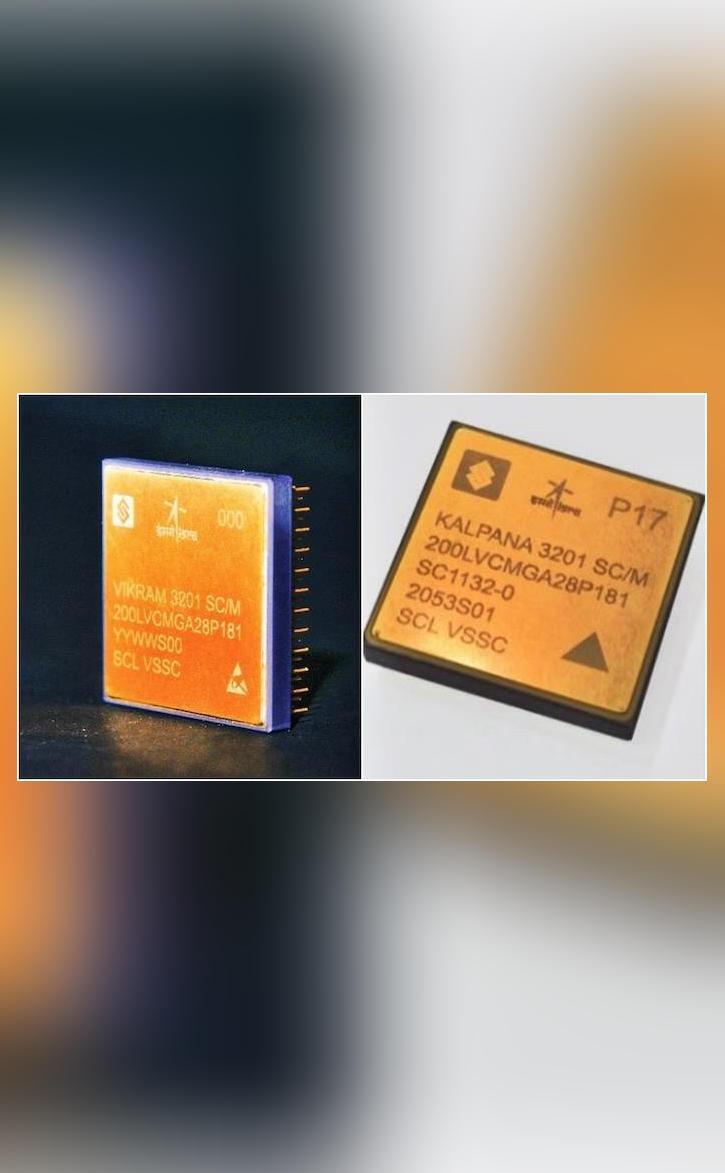
ISRO & SCL Develop 32-bit Microprocessors for Space Applications
The Indian Space Research Organisation (ISRO) and the Semiconductor Laboratory (SCL) in Chandigarh have made a groundbreaking achievement in the field of space technology. They have jointly developed two 32-bit microprocessors, VIKRAM3201 and KALPANA3201, specifically designed for space applications. This development is a significant milestone in India’s journey towards self-reliance in space technology.
VIKRAM3201 is the first fully “Make-in-India” 32-bit microprocessor that has been qualified for use in the harsh environmental conditions of launch vehicles. This achievement is a testament to the capabilities of Indian scientists and engineers, who have worked tirelessly to develop a high-performance microprocessor that can withstand the extreme conditions of space travel.
The development of VIKRAM3201 and KALPANA3201 microprocessors is a result of the collaboration between ISRO and SCL. SCL, a premier research institution in Chandigarh, has been involved in the development of microprocessors and other electronic components for space applications. ISRO, on the other hand, has been working on the development of launch vehicles and spacecraft.
The VIKRAM3201 microprocessor is a 32-bit processor that operates at a frequency of 200 MHz. It has a clock speed of 200 MHz and a power consumption of 1.2 watts. The processor has been designed to withstand the extreme temperatures, radiation, and vibrations that are encountered during launch and space travel.
The KALPANA3201 microprocessor, on the other hand, is a 32-bit processor that operates at a frequency of 150 MHz. It has a clock speed of 150 MHz and a power consumption of 900 milliwatts. The processor has been designed to operate in the harsh environmental conditions of space and has been qualified for use in launch vehicles.
The development of these microprocessors is expected to have a significant impact on the Indian space program. With the ability to design and develop their own microprocessors, ISRO will be able to reduce its dependence on foreign suppliers and increase its self-reliance in space technology. This will also enable India to develop more complex space systems and launch vehicles, which will be critical for its future space missions.
The VIKRAM3201 microprocessor has already been successfully tested in a launch vehicle, which has demonstrated its ability to withstand the extreme conditions of launch and space travel. The processor has also been tested in a spacecraft, where it has been used to control the spacecraft’s systems and communicate with the ground station.
The development of these microprocessors is a significant achievement for India’s space program, which has made rapid progress in recent years. India’s first lunar mission, Chandrayaan-1, was launched in 2008, and since then, the country has launched several successful missions to the moon, Mars, and the sun.
The success of the VIKRAM3201 and KALPANA3201 microprocessors is a testament to the capabilities of Indian scientists and engineers, who have worked tirelessly to develop high-performance microprocessors for space applications. The development of these microprocessors will enable India to reduce its dependence on foreign suppliers and increase its self-reliance in space technology.
Conclusion
The development of VIKRAM3201 and KALPANA3201 microprocessors by ISRO and SCL is a significant achievement in the field of space technology. These microprocessors have been designed specifically for space applications and have been tested in launch vehicles and spacecraft. The development of these microprocessors will enable India to reduce its dependence on foreign suppliers and increase its self-reliance in space technology. This will be critical for India’s future space missions, which will require the development of more complex space systems and launch vehicles.
Source






